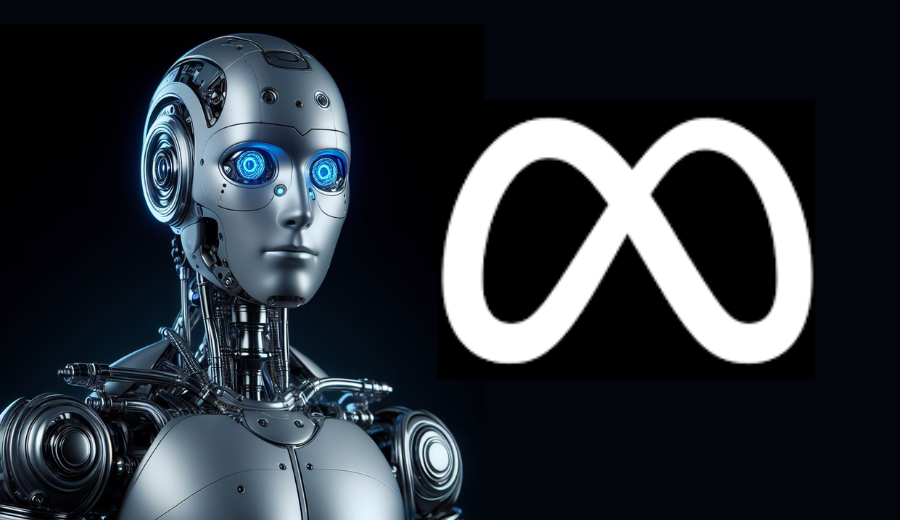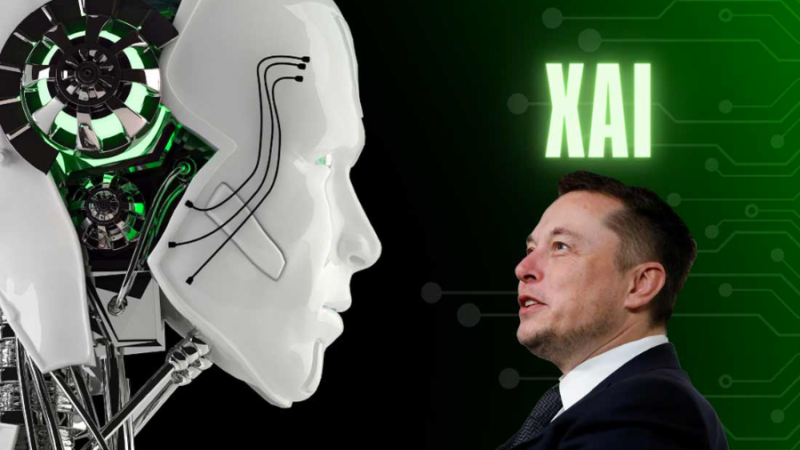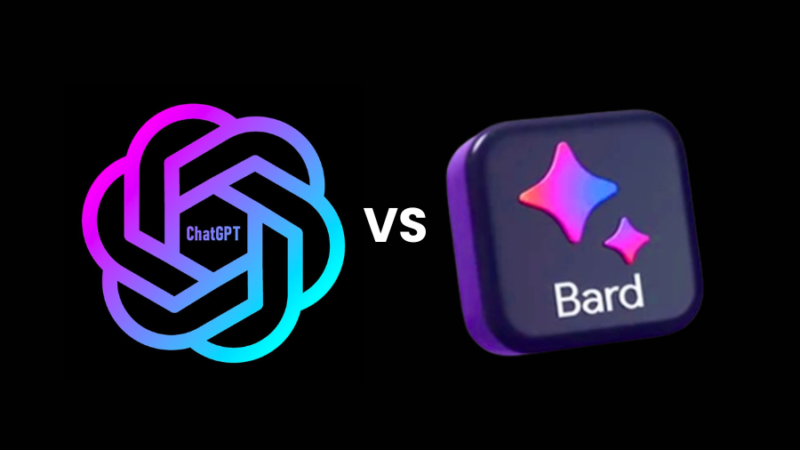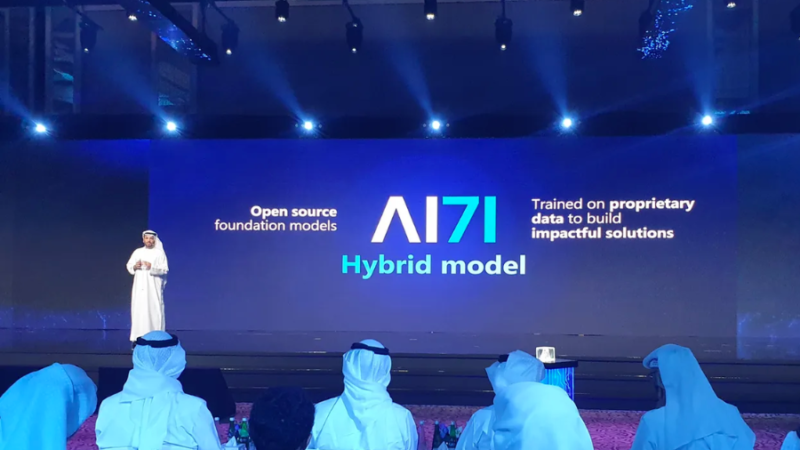Metaverse Mastermind Meta Sets Sights on Artificial General Intelligence

Mark Zuckerberg, the architect of the ever-evolving Metaverse, has thrown down a digital gauntlet. Meta, the social media giant formerly known as Facebook, is officially joining the ambitious quest for Artificial General Intelligence (AGI), the holy grail of AI research that promises machines capable of human-level understanding and reasoning.
But Zuckerberg isn’t playing by the usual rulebook. Unlike rivals Google and OpenAI, Meta pledges to make its AGI research not just cutting-edge, but utterly open-source – a bold move that raises as many questions as it does hopes.
For years, the pursuit of AGI has been shrouded in secrecy and proprietary code. While Google and OpenAI chase their ambitions behind closed doors, Zuckerberg’s announcement marks a radical shift. He envisions a future where Meta’s AGI breakthroughs are shared openly, democratizing access to the most powerful intellectual engine humanity has ever conceived.
This transparency push sparks immediate intrigue. Can an entity as complex as AGI truly be released into the wild without unleashing unforeseen consequences? Zuckerberg seems confident, leaning on the expertise of Meta’s chief AI scientist, Yann LeCun, a vocal critic of AI fear-mongering.
Yet, the path to an open-source AGI won’t be paved with digital roses. Merging Meta’s two AI research groups, Fundamental AI Research (FAIR) and GenAI, is a strategic maneuver for sure. Bringing the fundamental research minds who build the models closer to the app developers who utilize them could accelerate progress. But it’s a gamble. Combining teams in a high-stakes race against Google and OpenAI demands tight coordination and laser focus.
Meta’s hardware muscle flex is another fascinating wrinkle. By the end of 2024, the company will boast a staggering 600,000 NVIDIA H100 GPUs – a veritable brain trust of silicon, primed to train the next generation of AI behemoths. And let’s not forget the Ray-Ban Meta Glasses and Quest VR goggles, shimmering beacons of a future where AGI-powered experiences redefine reality itself.
But what, precisely, defines this elusive AGI? Google, OpenAI, and Meta remain purposefully vague, leaving us to wonder if human-level AI is even within reach. LeCun himself throws cold water on quick advancements, suggesting “cat-level” or “dog-level” AI might be our immediate future, not the singularity-inducing superintelligence some fear.
Whether Zuckerberg’s open-source gamble bears fruit or stumbles into unforeseen ethical quagmires, one thing is certain: Meta’s entry into the AGI arena injects a fresh dose of intrigue into the race for the ultimate machine mind. With the Metaverse as its playground and open-source transparency as its flag, Meta’s pursuit of AGI promises to be a fascinating, and potentially revolutionary, journey to watch.






